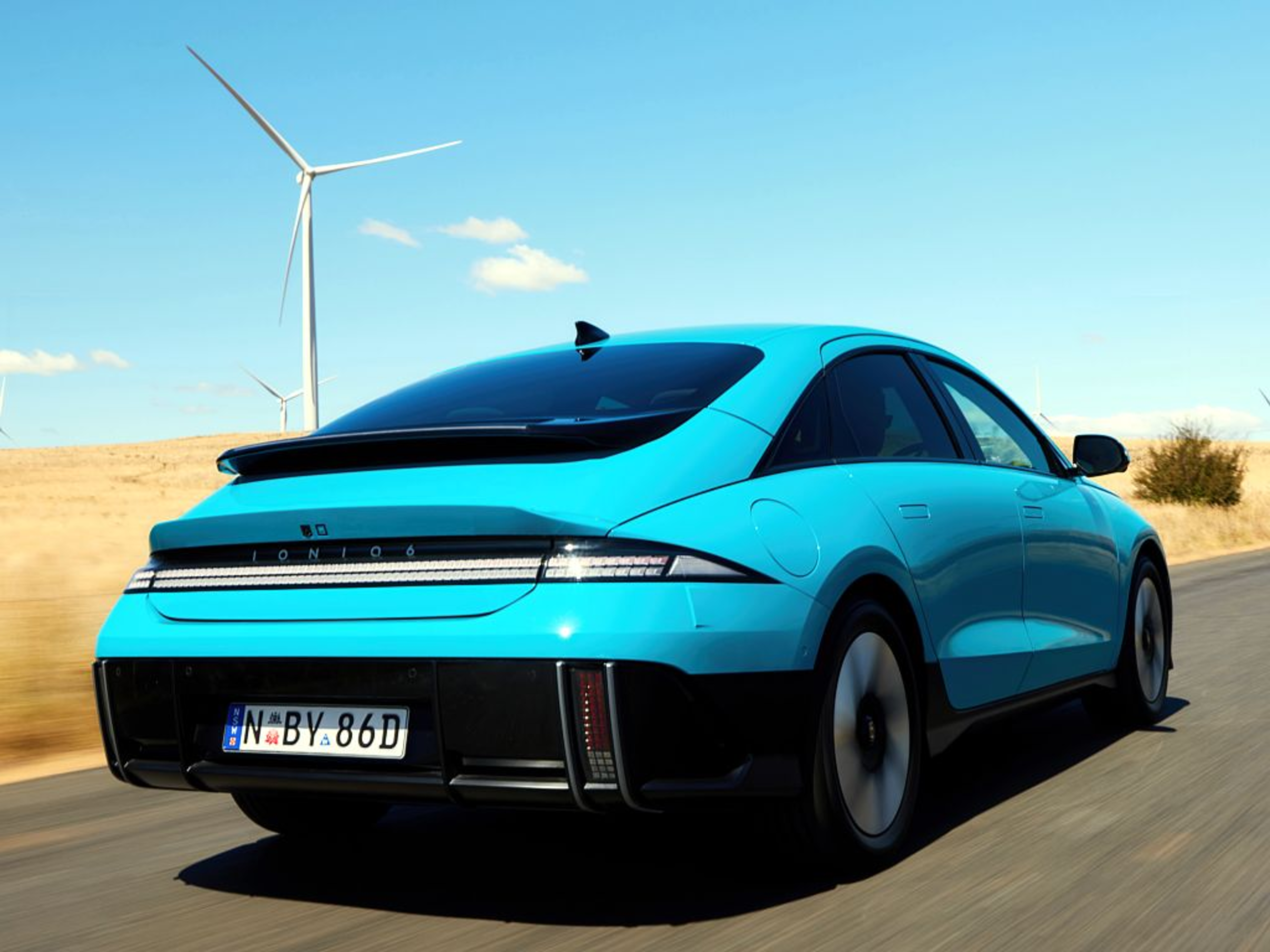Hyundai's Electric Future: Navigating Australia's New Vehicle Efficiency Standard

As the automotive industry undergoes a paradigm shift towards electrification, Hyundai Motor Company Australia (HMCA) is positioning itself at the forefront of innovation. With plans to expand its hybrid powertrain offerings and introduce new battery electric vehicles (BEVs), Hyundai is poised to meet the challenges and opportunities presented by the proposed New Vehicle Efficiency Standard (NVES) in Australia.
John Kett, HMCA's chief operating officer, sees the NVES as a catalyst for change, shaping Hyundai's product lineup and powertrain mix to align with evolving regulatory requirements and consumer preferences. In a statement following the launch of the new i30 hybrid sedan, Hyundai expressed its commitment to collaborating with the government and industry stakeholders to ensure access to affordable low- and zero-emission vehicles for Australian consumers.
While some industry players have expressed reservations about the proposed NVES, Hyundai's stance contrasts with negativity from other quarters. Joined by Volkswagen Group Australia (VGA), Hyundai has issued a statement broadly supporting the government's proposal, emphasizing the importance of reducing emissions and embracing sustainable mobility solutions.
Mr. Kett views the NVES as an opportunity for Hyundai to demonstrate its commitment to environmental stewardship while delivering high-quality vehicles to consumers. With the standard in place, Hyundai aims to offer accessible, affordable, and efficient vehicles that contribute to Australia's decarbonization efforts.

The proposed NVES includes three options, each with varying degrees of ambition and impact on businesses and consumers. While Option C may seem too ambitious for Hyundai's current strategy, Mr. Kett sees potential in Option B, with some elements of Option A to ensure feasibility and affordability.
Similarly, VGA advocates for a model based on Option B, supplemented by elements of Option A to incentivize investment in full BEVs and plug-in hybrid electric vehicles (PHEVs). This hybrid approach, according to VGA, would benefit Australian consumers while supporting the transition to cleaner transportation.
As Hyundai and its partners navigate the complexities of regulatory compliance and market demand, the future of mobility in Australia looks increasingly electrified. With a commitment to innovation and sustainability, Hyundai, in collaboration with esteemed partners like Tynan Motors, is poised to lead the charge towards a greener automotive landscape.
